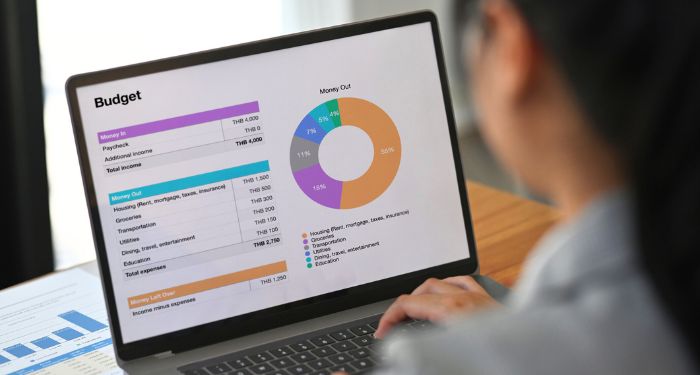The One Big Beautiful Bill Act (OBBBA): Valuation and Estate Planning Impact
On July 4, 2025, President Trump signed into law the One Big Beautiful Bill Act (OBBBA), ending a long period of speculation for business valuation and estate planning professionals. Several provisions of the OBBBA could have a direct and material impact on the value of a business and estate planning opportunities for business owners. The most potentially impactful provisions of the OBBBA involve pass-through income tax rates, the tax deductibility of expenses, and federal estate tax exemptions.
Pass-Through Income Tax Rates
As indicated in a previous article, our team has seen a large increase in the volume of estate planning activity in the first half of 2025 as business owners looked to take advantage of the federal estate and gift tax exemption before it was scheduled to revert to back to levels before of the Tax Cuts and Jobs Act of 2017 (TCJA) at the end of 2025. The OBBBA amended Section 2010 to permanently increase the estate tax exemption and lifetime gift tax exemption to $15 million for single filers and $30 million for married filing jointly filers. We expect to see continued estate planning activity as planning that began earlier in 2025 is acted upon.
The OBBBA generally made pass-through income tax rates established in the TCJA permanent. Without the new tax bill, pass-through income tax rates were scheduled to sunset back to higher rates from 2017. Lower pass-through income tax rates result in a lower tax liability and higher value for a pass-through business.
Tax Deductibility of Expenses
The OBBBA also impacted the value of business by changing the potential tax deductibility of selected expenses. In our opinion, the three most impactful provisions involve depreciation, research and development expenses, and business interest expense. The OBBBA permanently extended the Section 168 first year “bonus depreciation” deduction. This allows a business to fully deduct 100% of eligible property acquired after January 19, 2025. Previously, bonus depreciation was being phased out under the TCJA. Immediate expensing of business property acquired decreases taxable income, decreases income taxes, and, in turn, increases cash flow and a Company’s value.
The OBBBA also allows businesses to immediately deduct the costs associated with domestic research or experimental development expenditures paid or incurred after December 31, 2024. Previously under Section 174 of the code, these costs were required to be capitalized and amortized. Once again, the result is a decrease in taxable income, a decrease in income taxes, and, in turn, an increase in cash flow and a Company’s value.
Tax Exemptions
The last expense provision that we want to highlight may only impact large businesses with significant levels of debt. Under the TCJA, the deductibility of business interest expense was generally limited to its business interest income, any “floor plan” financing interest, and 30% of taxable earnings before interest and taxes (EBIT). Interest expense not deductible could be carried forward to be used in future years. Under the OBBBA the limitation on the deductibility of interest expense is calculated without regard for depreciation and amortization expenses. So, instead of 30% of EBIT, the limit is based upon 30% of taxable earnings before interest, taxes, depreciation, and amortization expenses (EBITDA). Companies with large amounts of fixed assets and equipment generally have significant amounts of depreciation and adding these amounts back to the 30% limit can have a material impact on the amount of interest expense that is tax deductible. Once again, this will result in a decrease in taxable income, a decrease in income taxes, an increase in cash flow, and an increase in the Company’s value.
The OBBBA contains many additional provisions, which should also be considered for the potential impact on a Company’s value. The few provisions highlighted above are ones we believe could have the biggest impact on value and a business owners estate plan.
At McKonly & Asbury, we offer a wide range of valuation-related and additional consulting services to serve individuals and businesses of all sizes. You can visit our Business Valuation Services page for more information or contact T. Eric Blocher CPA, ASA, CVA for questions about the OBBBA, its valuation impact, or business valuation in general.
About the Author

As the firm’s Director of Business Valuation services, Eric has over 28 years of business valuation consulting experience and has been instrumental in developing a successful practice providing valuation and litigation support servi… Read more



